
Digital transformation in the Inspection industry: From process reform to the formation of a modern data system.
Recent movements show that the industry is entering a phase of comprehensive digitalization, with many core platforms about to be operated synchronously nationwide.
During the 2021 - 2025 period, the Government Inspectorate (GIA) has made remarkable steps in administrative reform. Participating in the National Public Service Portal and putting into use the online citizen appointment registration system are clear changes in service methods. People can make appointments online instead of having to come in person, significantly reducing waiting time and travel costs. At the same time, the industry also coordinates with the public postal service to receive documents and return results in a more convenient way for citizens, demonstrating the spirit of reform associated with practical needs.
The biggest turning point in the digitalization journey of the Inspectorate was when three important professional platforms were put into operation nationwide. This was the result of implementing the Government's major policies on digital transformation, including Resolution 57 of the Politburo and Decision 390 of the Prime Minister on building a National Database to serve asset and income control.
The three systems mentioned above include a platform for managing complaints and denunciations; a platform for digitizing inspection activities; and a national database for controlling assets and income. The software is designed to completely replace manual and decentralized methods. The stages from receiving, processing to monitoring results are all carried out in a digital environment. In particular, the system for electronic declaration of assets and income is considered a breakthrough, helping to manage information in a centralized and easier-to-compare manner, thereby improving the effectiveness of anti-corruption work.
Another important point is the goal of connecting the Inspectorate's systems with the National Population Database. When data is automatically authenticated, the management of records, identification of officials who are obliged to declare or follow up on complaints and denunciations will become more transparent and consistent. These platforms are expected to create a data axis from the central to local levels, limiting the situation of information segregation as before.
The online citizen reception model is becoming a bright spot in the innovation of the industry's working methods. Piloted in 2024 in many localities, this model quickly proved its effectiveness and was requested by the Prime Minister to be replicated nationwide. People can make their reflections and complaints from the locality where they live, using the online system to connect with the central agency. For management agencies, online working sessions allow for clearer monitoring of the settlement process of subordinates, thereby limiting avoidance or delay in processing information.
On the basis of the digital infrastructure being formed, the Inspectorate is moving towards a new development phase in the period 2026 - 2030. According to the orientation of the Government Inspectorate, big data and artificial intelligence will be researched and applied to analyze, forecast and detect early signs of abnormalities in inspection activities or in asset declarations. The integration of separate operating applications into a common platform will also be promoted, to facilitate staff in handling daily work.
However, the Inspectorate also faces many challenges. Manual working habits still exist among some staff; information technology infrastructure between localities is uneven; requirements for information security are increasingly high in the context of data becoming an important asset. This requires the digital transformation process to be accompanied by human resource training, security reinforcement and perfecting the information sharing mechanism with relevant ministries and branches.
Despite many difficulties ahead, the results achieved show that the Inspection sector is on the right track. From reforming administrative procedures to building big data platforms, from piloting online citizen reception to developing national-scale digital infrastructure, all aim to improve the efficiency of serving people and ensuring transparency in public service activities. Digital transformation does not change the nature of inspection work, but helps the sector operate more professionally, more promptly and in line with modern governance requirements in the digital era./.
Source: https://mst.gov.vn/chuyen-doi-so-nganh-thanh-tra-tu-cai-cach-quy-trinh-den-hinh-thanh-he-thong-du-lieu-hien-dai-19725112320574529.htm








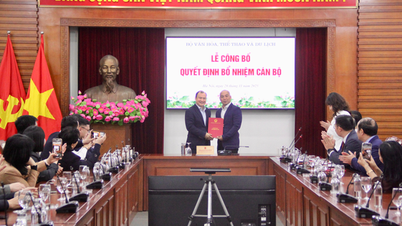












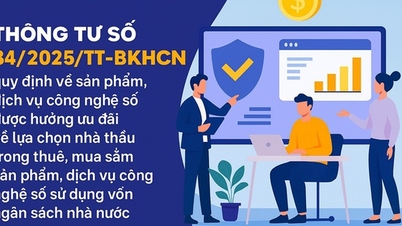
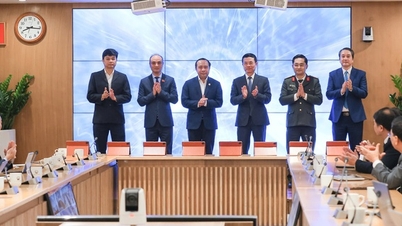



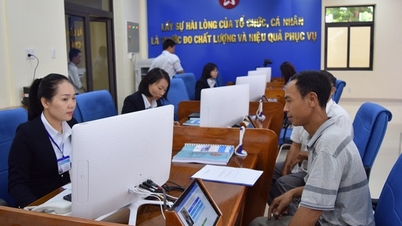






















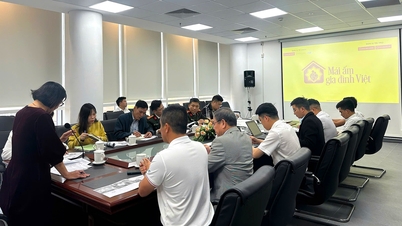

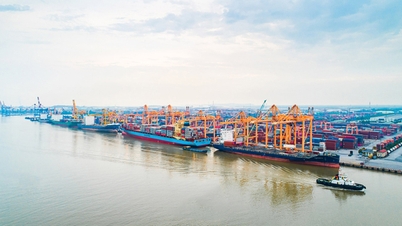
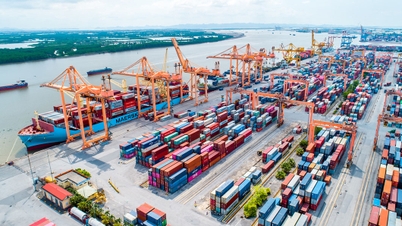
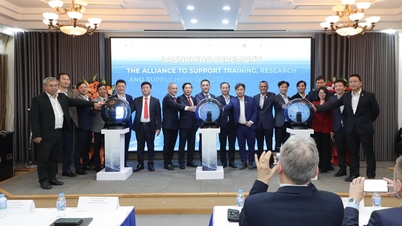



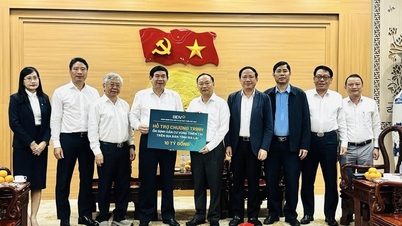












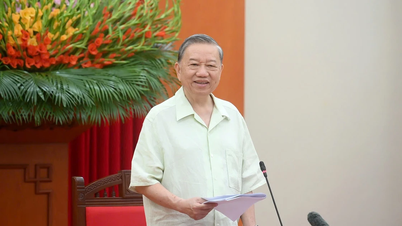


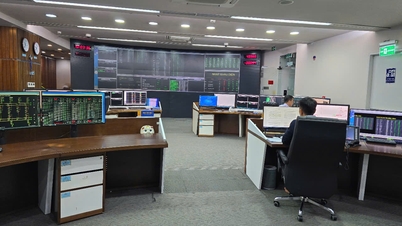

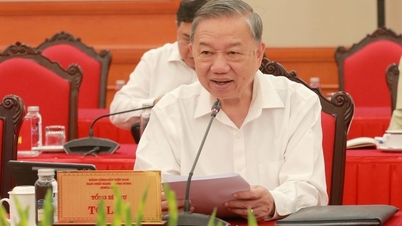

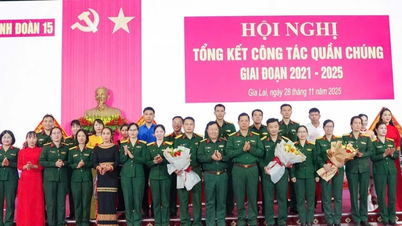



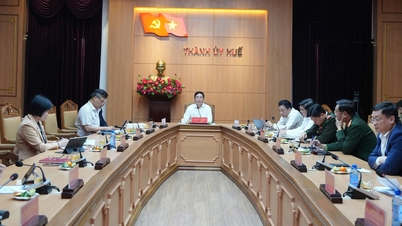





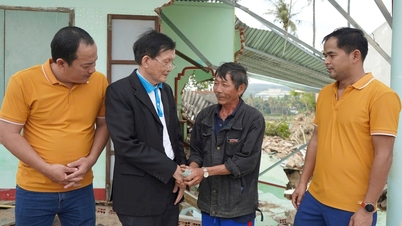












Comment (0)